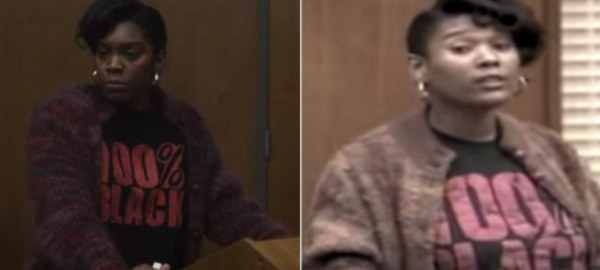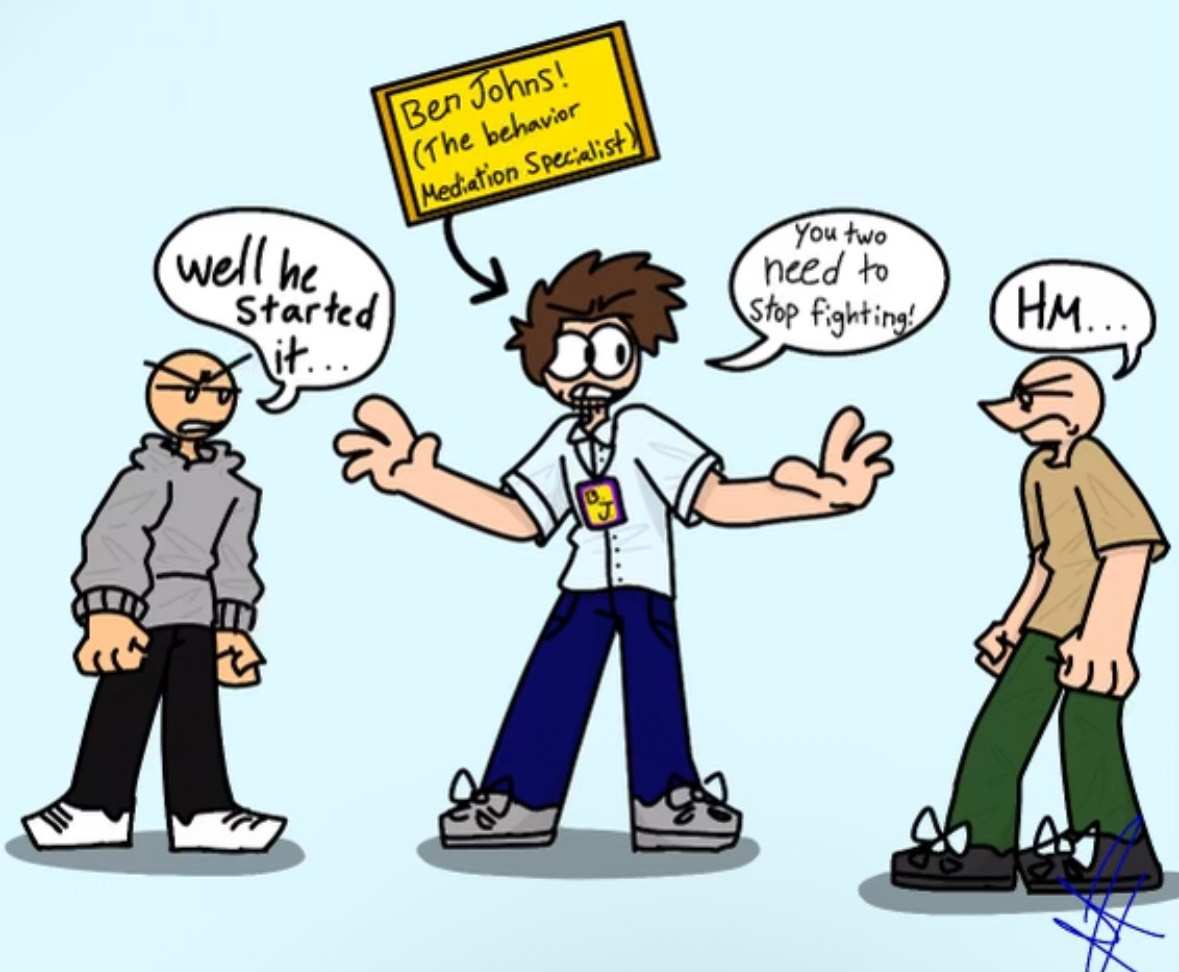glo·ri·fi·ca·tion
/ˌɡlôrəfəˈkāSH(ə)n/
1. the action of describing or representing something as admirable, especially unjustifiably.
“I don’t like the glorification of violence”
2. praise and worship of God.
“worshipers repeat their glorification of God”
The line between entertainment and empathy has blurred at an alarming rate. In today’s extremely media-saturated world, where anyone can post content at any time, the issue of glorifying serial killers and sensationalizing true crime is not just a minor social media problem. Such content desensitizes society to the gravity of real-life crimes. Blurring the lines between entertainment and empathy, and potentially affecting the psychological well-being of consumers.
Last fall, an issue with these blurred lines arose in the true crime community: Jeffrey Dahmer edits.
After Netflix’s release of ‘Monster: The Jeffrey Dahmer Story’, the conversation of serial killers being glorified came into play. People are posting edited videos of Dahmer, romanticizing him. The show became the most-watched series on the streaming platform, according to Netflix. So how and why is glorifying serial killers more than just a small social media problem?
“If I didn’t know any better, I would’ve thought it was me,” Ms. Rita Isbell, the sister of Errol Lindsey, one of Mr. Dahmer’s victims, said following the series’ release, according to insider.com.

She said, “Her hair was like mine, she had on the same clothes. That’s why it felt like reliving it all over again. It brought back all the emotions I was feeling back then. I was never contacted about the show. I feel like Netflix should’ve asked if we mind or how we felt about making it. They didn’t ask me anything. They just did it. But I’m not money hungry, and that’s what this show is about, Netflix trying to get paid.”
Ms. Rita Isbell, a grieving sister, shows the consequences of sensationalized true crime content can cut deeper than we might imagine. That true crime can maybe even encourage someone to commit a crime, to experience the same feelings as a killer.
May 27, 2023. 3AM. South Korea.
A taxi driver pulled over to a young girl and her suitcase. He watched her struggle to load it into his trunk but when he offered to help, she refused. They got in the car and silently drove towards the park near the river.
How odd, he thought. The park at this hour? With a heavy suitcase? And she looks as young as a middle schooler – what could she be doing?
Because of what he does next – she is arrested for murder.

He calls the police, telling them about the strange interaction he had just had. When police went to the river you can only imagine what they had found, not to go to raw details. Once the investigation moved on the Police were able to search Yoo-Jung’s home, finding bloodstained clothes, some of the victims belongings, and other gruesome pieces of evidence. Since South Korea has very strict privacy laws, we do not know the victims identity.
After interviewing Yoo-Jung, she made up multiple stories in order to try to save herself. However, Yoo-Jung later confessed to killing the victim, citing curiosity as her motive. She claimed her interest had been piqued by novels and TV programs depicting acts of murder.
“Even individuals with criminal inclinations typically experience panic and terror after taking someone’s life, but Jung’s behavior, witnessed in the footage of her retrieving a suitcase from her home to transport the deceased, displayed no signs of alarm or horror,” stated Lee Soo Jung, a Forensic Psychology Professor at Kyonggi University, in an interview with YTN.
This is an ongoing issue in today’s society. We have become so desensitized that people who haven’t heard of Yoo-Jung’s story, still don’t bat an eye after hearing she decided to murder someone and conducted research about how to conceal a body.
True crime content can normalize and sensationalize murder, be harmful to consumers and the victims of these real-life crimes. We have become so desensitized to so many things because of the media we have consumed.
Watching true crime does not make you a criminal. But it can have an effect on your psyche.
Psychologist Chivonna Childs, PhD, explores why people are obsessed with true crime and the psychological effects it can have. In most cases it’s just curiosity.
“It’s human nature to be inquisitive. True crime appeals to us because we get a glimpse into the mind of a real person who has committed a heinous act” said Dr. Childs. In fact she says women are more drawn to true crime. “We want to watch true crime in part to learn how to avoid being a victim,” she said, “It can teach us to be prepared in case we’re ever in that situation.”
How do I know if I need to take a break? Dr. Child says things like not feeling safe at home, double-checking and rechecking locks, doors and windows, not wanting to leave the house out of fear, and wondering if the person you’re talking to isn’t actually as nice as they seem. Then you should take a break.
The New York Post did their own poll on 2,000 self-reported true crime fans, here are some of the statistics:
- 71% admit to feeling less trustworthy of other people due to how much true crime content they consume.
- 76% feel that consuming content about true crime helps them avoid similar situations happening to them.
- 75% say they watch the latest program the instant it’s released and 71% of that typically binge-watch the entire thing in one sitting.
I have found myself thinking those same thoughts. Wondering if there was any way that anything could happen. Now I am not saying if you watch true crime you are going to become a killer or exploit the victims and or their families. I’m saying the more you watch and take in this type of content without the consideration of the people involved, the people it has affected and, your own well-being, you can easily become part of the problem. I have watched true crime for years, I remember watching the verdict to the Casey Anthony trial with my mother in 2011. I have learned about cases from Davenport all the way to the Middle East, and every single one has one thing in common. They have all taken a life and affected many more.
In a world where entertainment and empathy often intersect, it’s important to remember that real people, with real pain and suffering, lie at the heart of these stories. It is our responsibility to engage with this content responsibly, with respect for the victims and their families, and a mindful consideration of its psychological effects. Only then can we avoid becoming unwitting participants in the problem of sensationalizing true crime, as we continue to explore the intricate and often disturbing tapestry of human behavior.




























